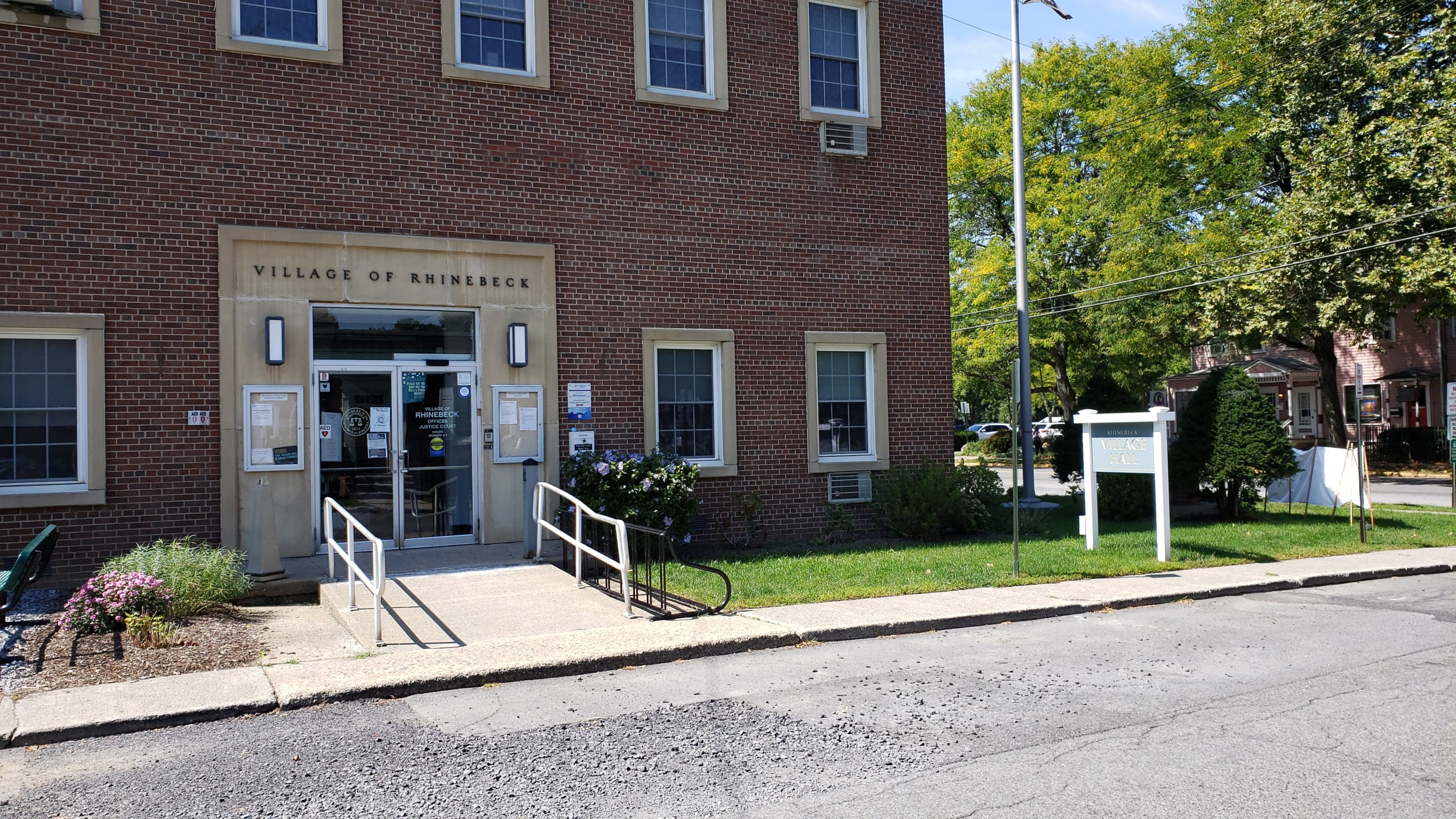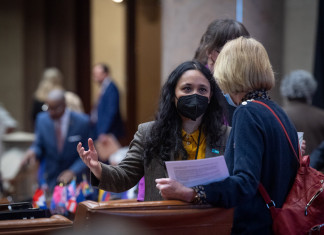Voters in the village of Rhinebeck will go to the polls on Dec. 15 to decide whether to merge the village court with the town court.
The village trustees set the date at their meeting on Nov. 10. An online public forum on the question is scheduled for 6 pm on Dec. 1. Also, the village plans to send flyers on the consolidation proposal to residents before the election.
The merger is designed to make government more efficient, Village Mayor Gary Bassett told the Hudson Valley Observer.
“The town and village maintain parallel, duplicate court systems across the street from each other,” said Bassett. “It’s confusing. It doubles the cost for upgrades, safety and security.”
The two courts’ judges perform identical functions.
“They conduct arraignments and proceedings, preside over court and render decisions under penal, vehicular, traffic, civil and other laws,” the village said on its website.
Currently, the court costs the village about $45,000 a year. The town spends $10,000 -$20,000 a year on its court after revenue and expenses. The town’s cost would increase to about $26,000 a year with a consolidated court.
The plan would take three part-time justices – one in the village and two in the town – and combine them into two part-time town justices.
In 2019, a Dutchess County grant paid for a study by The Laberge Group, a government operations consulting firm.
Laberge recommended Court consolidation, Bassett said.
“It was not the recommendation of anyone local – it was their (Laberge’s) recommendation,” he said. “Some people think it’s the town taking over the village and it’s really not. This is government working together trying to help everybody.”
Roger Quon, a 20-year-resident of the village, is not convinced the merger is in the village’s best interest.
The projected savings are too small to justify tampering with a separate branch of government – the judiciary, said Quon.
“The savings to the village was $45,000 a year but you are transferring some of that cost to the town,” he said. “To me, that is very nominal. In my professional background, I deal with business transformation all the time. I was kind of skeptical that the change was really worth it.”
Current village judges John Kane and William Sanchez would maintain their positions on the consolidated court, Bassett said.
“Those two would then have to deal with an increased caseload,” Quon said. “The quality of justice will be harmed if we abolish the village court.”
Kane, who serves as both a town and village judge, would serve out the remainder of his term in the village and the office of village justice would be eliminated. He spoke in support of the consolidation during a village meeting.
Neither judge responded to a request for comment.
Consolidation of the courts would not affect revenue, the Laberge Group study said.
“The revenues in a consolidated court remain the same because the New York State statutes and municipal local laws driving fees, fines and surcharges are not impacted by a consolidation,” it said.








Facebook Comments